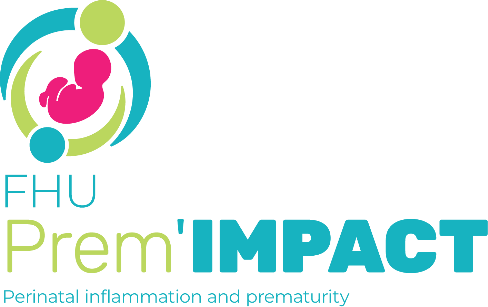Abstract
Introduction: the literature extensively documents neonatal and paediatric outcomes related to preterm delivery,
but maternal health in this circumtances remains underexplored.
This study aimed to identify women with antepartum severe maternal morbidity (SMM) among those delivering
preterm and explore whether they delivered in hospitals with risk-appropriate maternal care facilities.
Material and methods: Women giving birth at 22–34 weeks of gestation were identified from the French national
prospective EPIPAGE-2 cohort study in 2011; terminations of pregnancy for fetal congenital malformations were
excluded. Antepartum SMM was defined as a composite outcome of severe maternal morbid events preceding
labour onset or the delivery decision. We described antepartum SMM and compared women with and without
SMM regarding the characteristics of the hospital of delivery.
Results : among 5,690 women included, 886 (16.0 %, 95 % CI, 14.7, 17.0) experienced antepartum SMM, pri-
marily due to severe pregnancy-related hypertensive disorders or major obstetric bleeding. Women with ante-
partum SMM were more likely to deliver in level III maternity units (level of neonatal care) compared with
women without antepartum SMM (68.0 % vs 59.3 %, P < 0.001). However, 18.3 % of women with antepartum
SMM delivered in hospitals without an onsite adult critical care unit, a proportion not significantly different from
those without SMM (22.0 %, P = 0.23).
Conclusions : antepartum SMM affected one in six women delivering at 22–34 weeks’ gestation. Many did not
deliver in hospitals equipped with adult critical care unit. Delivery locations for women with SMM at risk of
preterm birth should address the needs of both the mother and the newborn.
